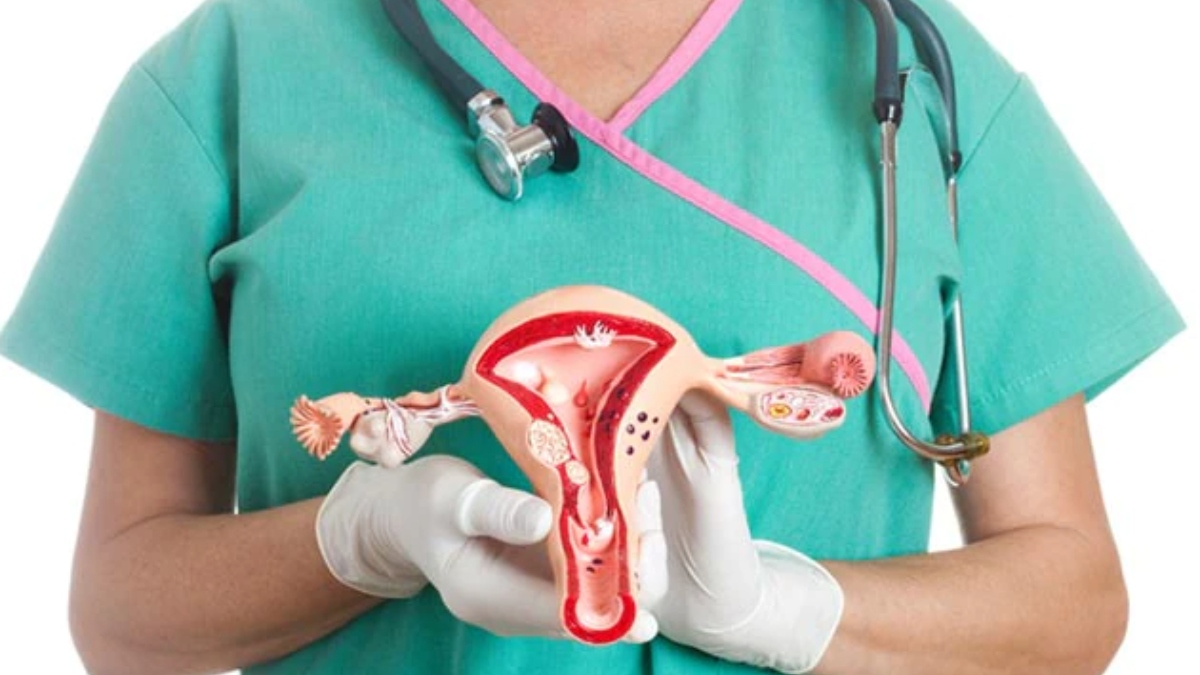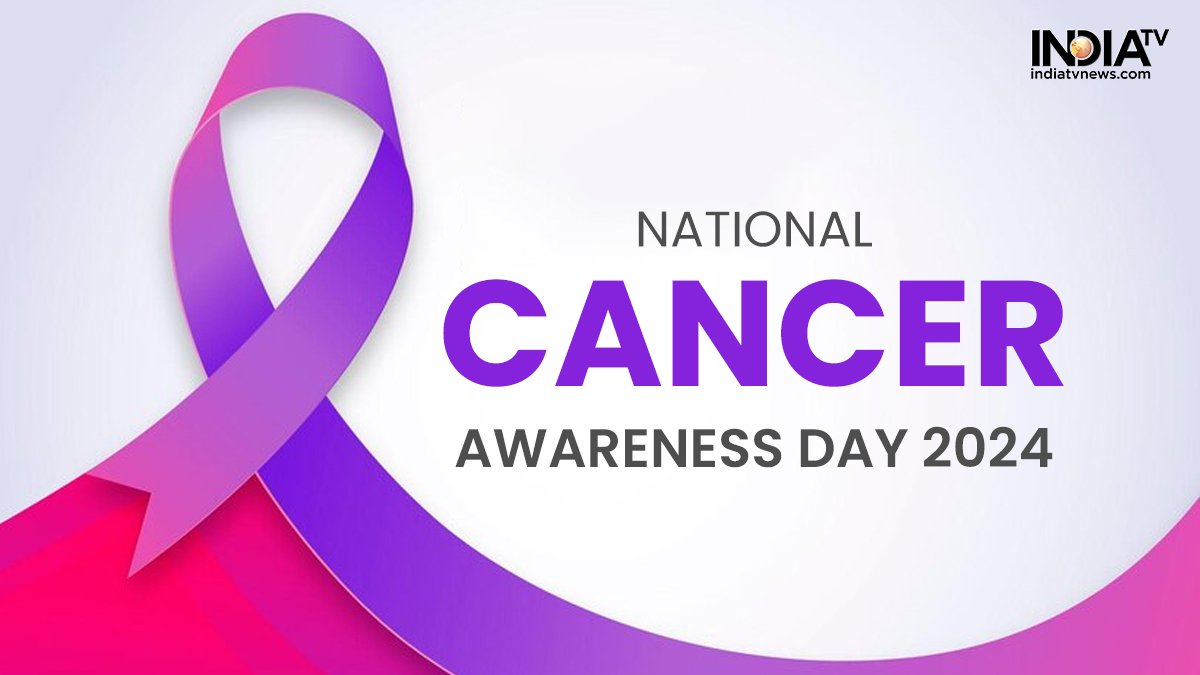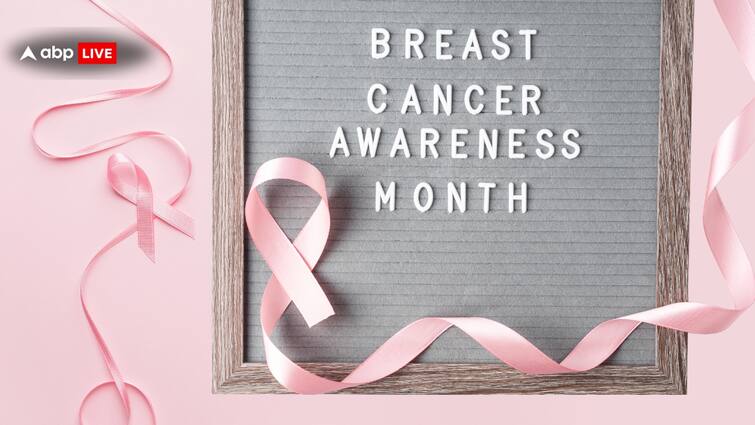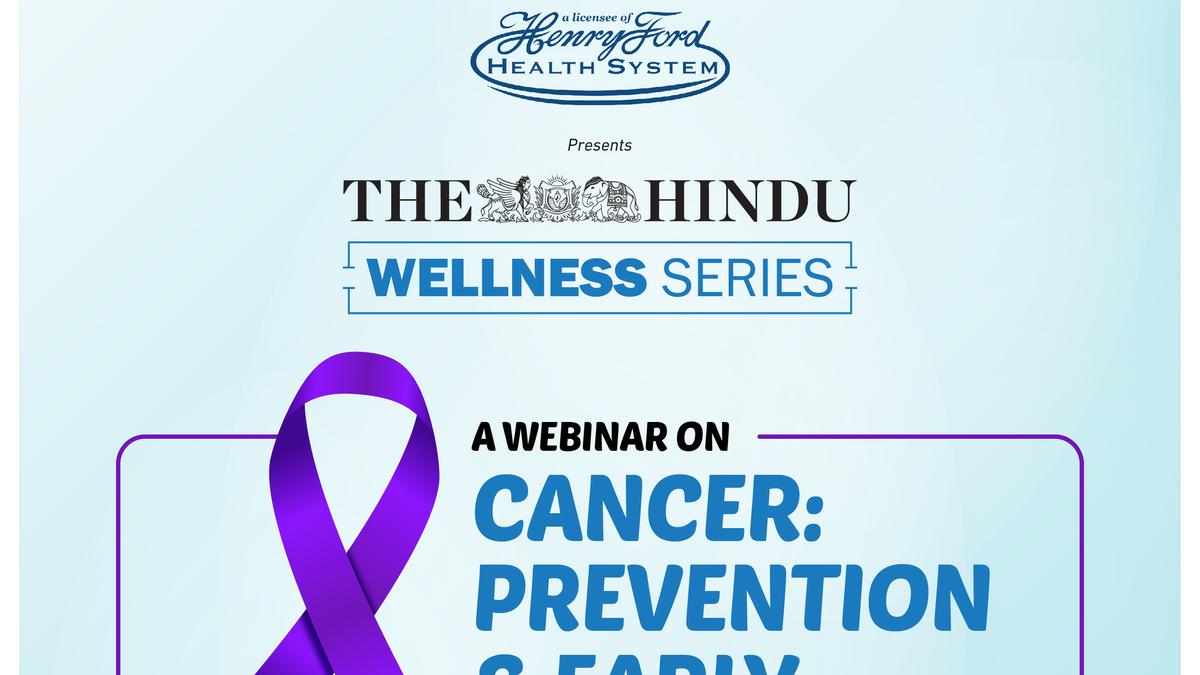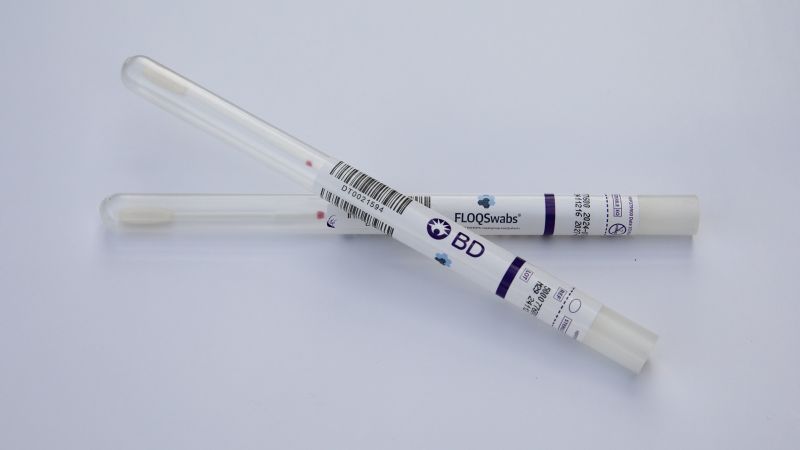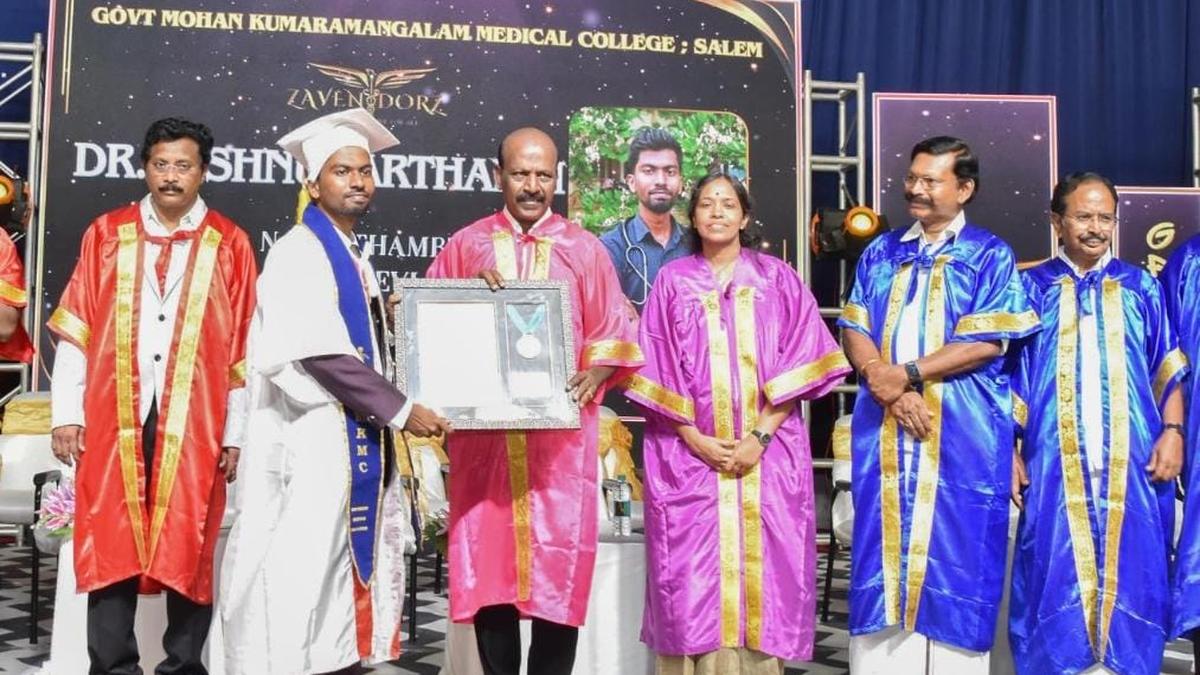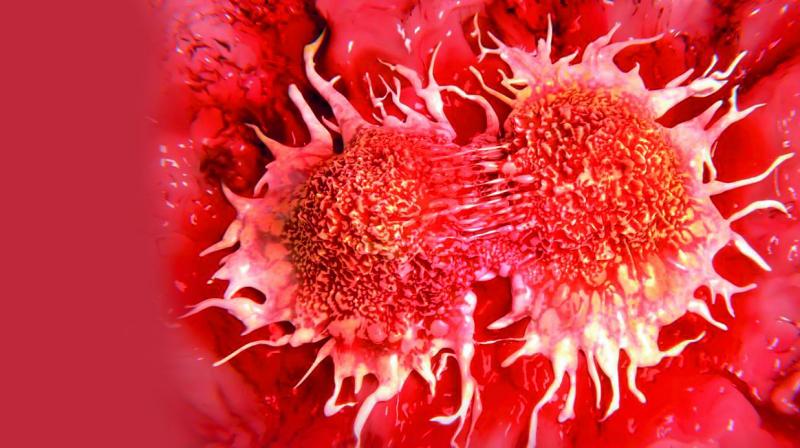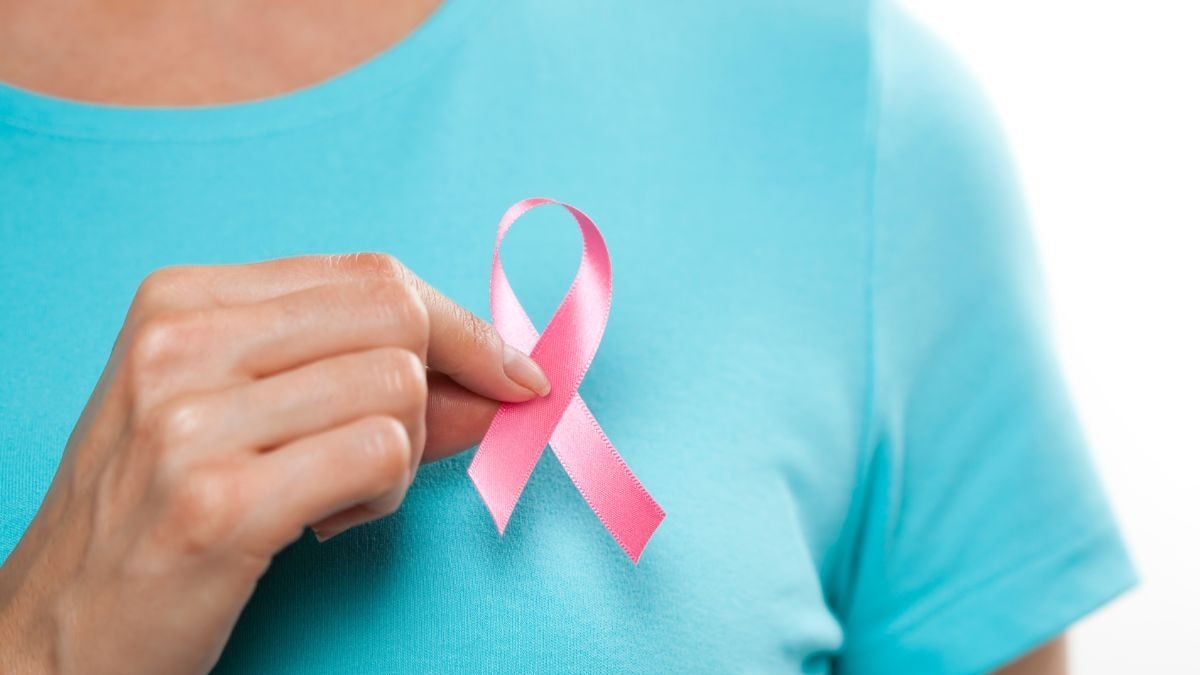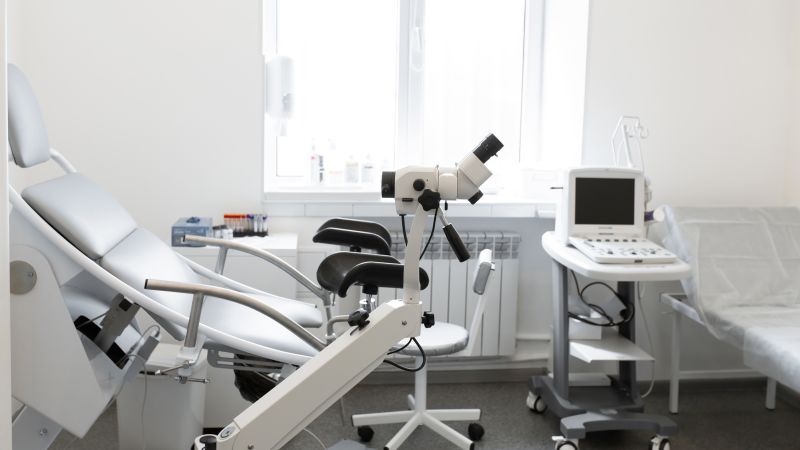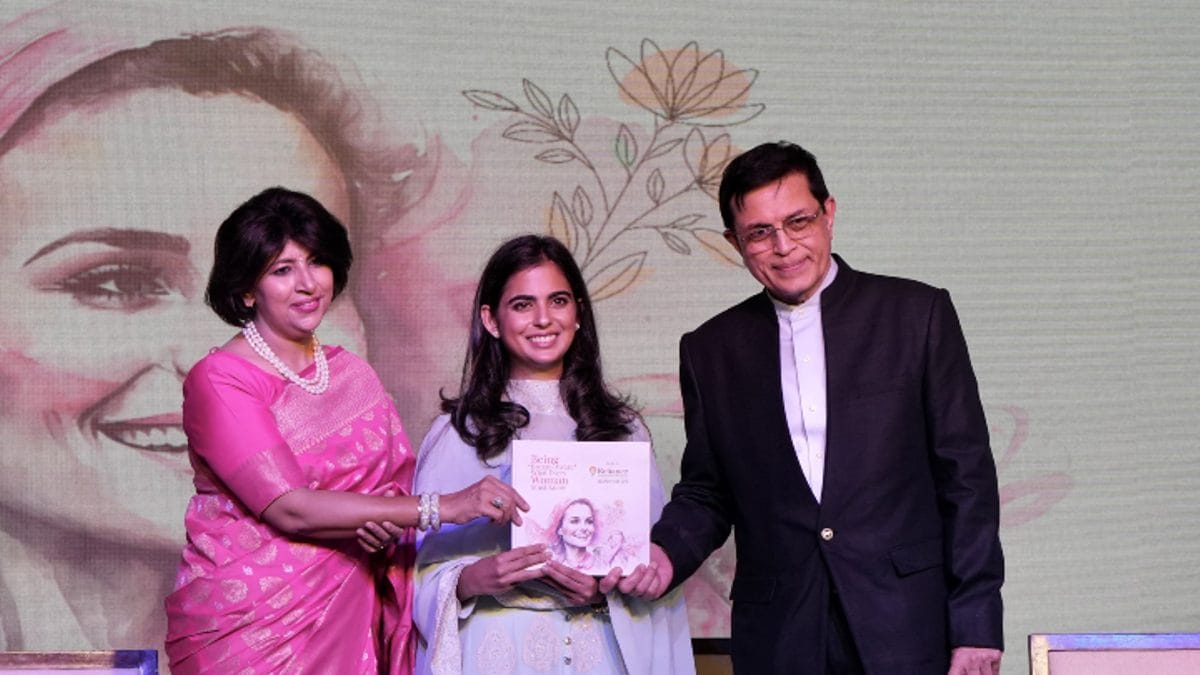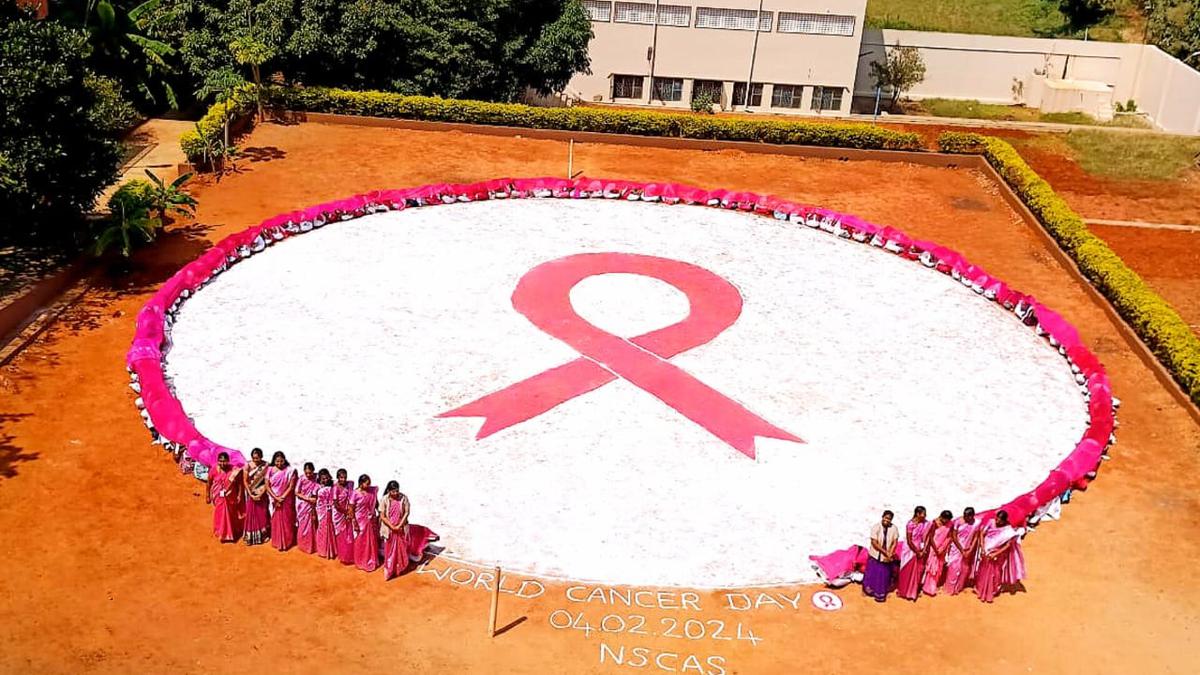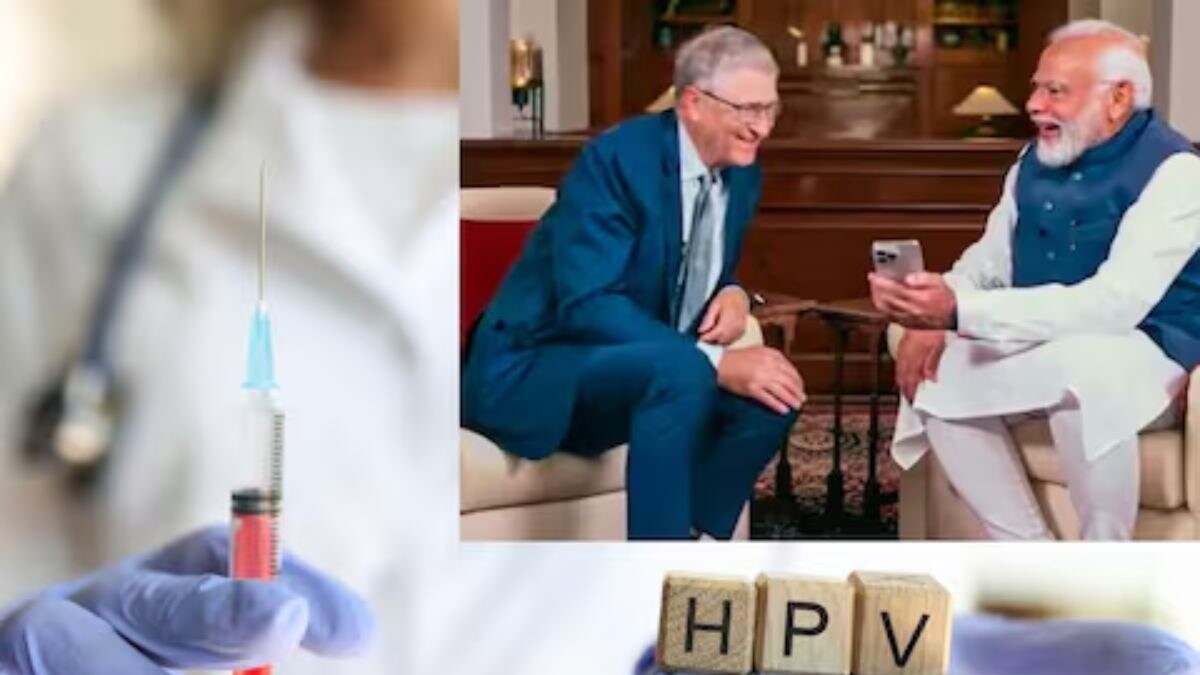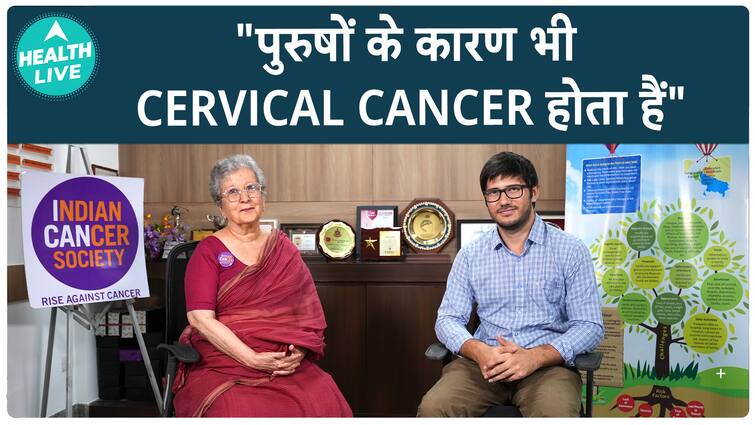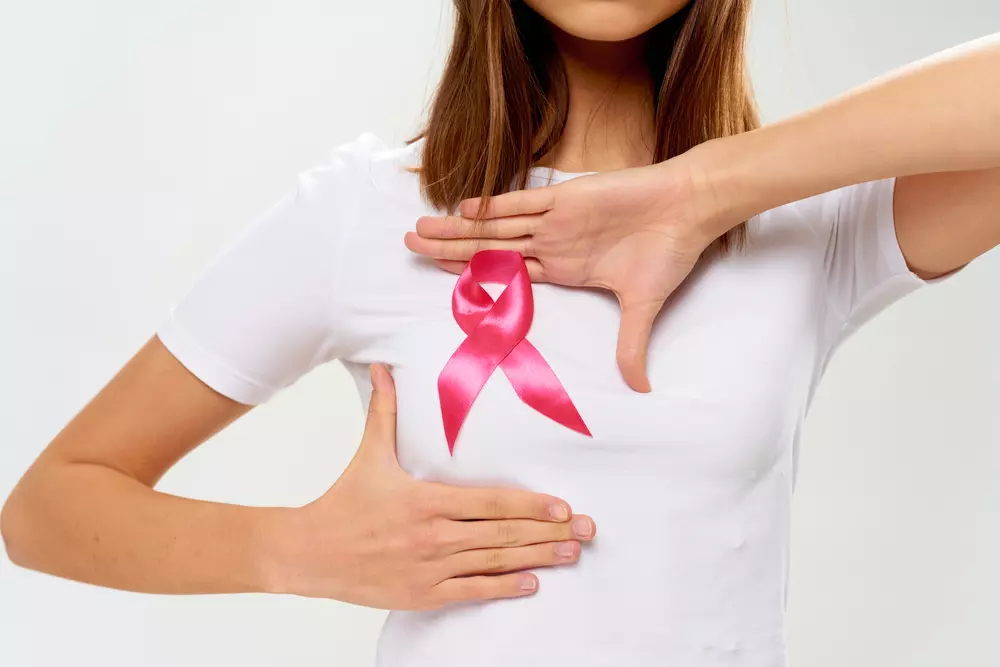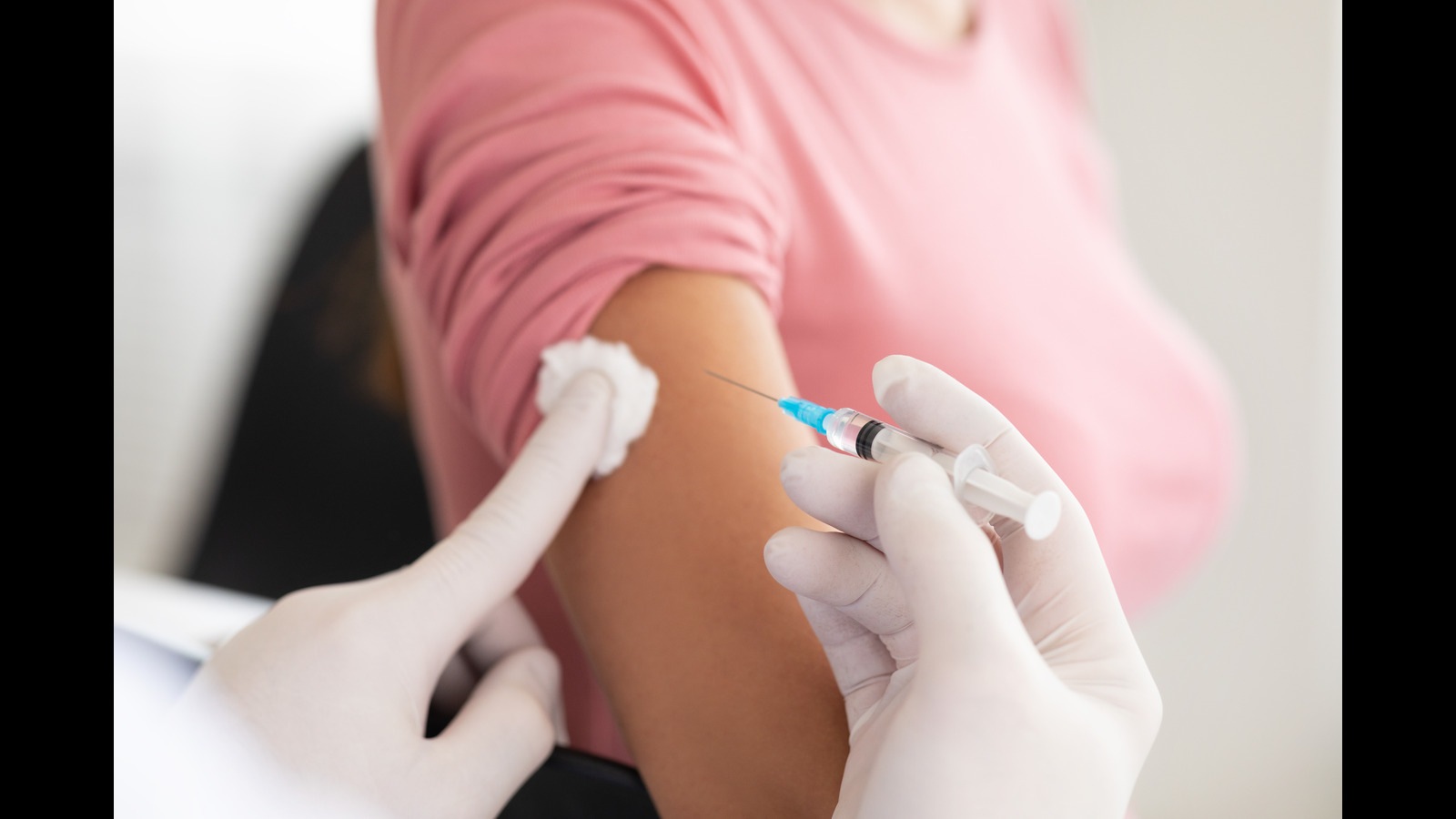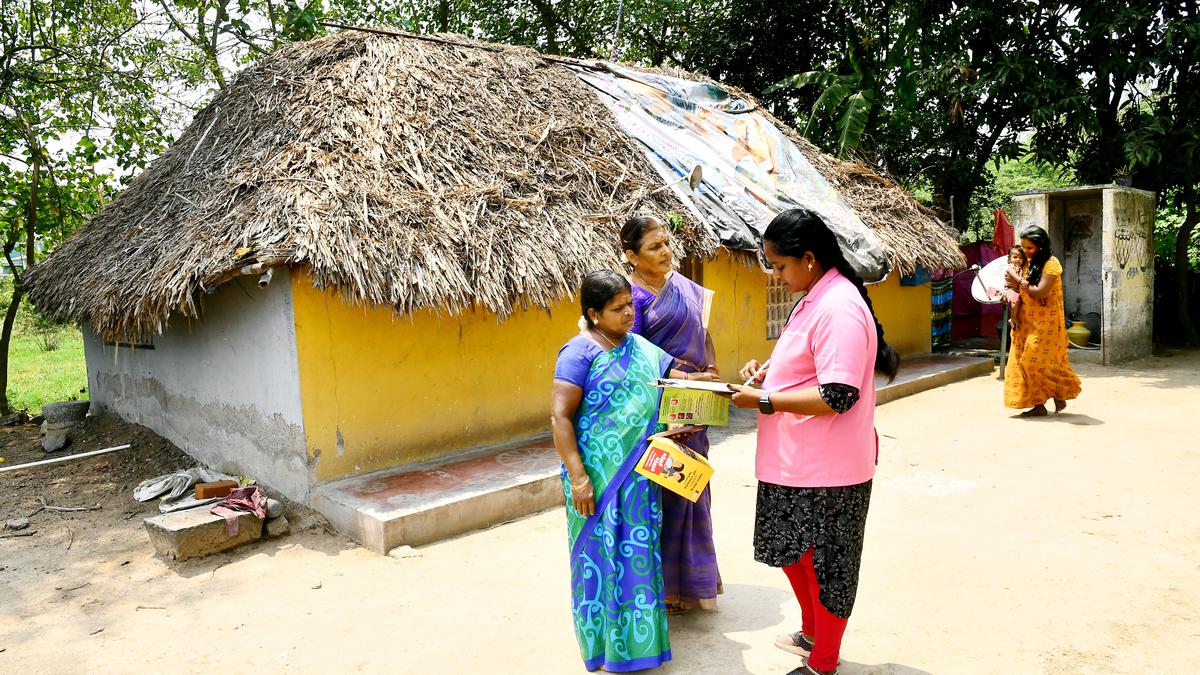
In Tamil Nadu, a calling card to strike at cancer
The HinduRukmani*, 52, does not respond when asked about her cancer diagnosis and treatment. Even as her eyes well up, Kamatchi says she is keen on staying strong: “We should fight cancer without fear, and getting treated on time is important.” Cancer diagnosis may have changed the lives of Rukmani and Kamatchi but without the organised screening that ensured timely diagnosis and treatment, it would be difficult to say what might have happened to the two women from Villupuram district. Over the past seven years, including during the Covid-19 pandemic disruption of 18 months, the team from Cancer Institute’s satellite cancer screening centre in Villupuram made inroads into taking population-based breast, cervical and oral cancer screening to the people, reaching a total of 61,799 women in Villupuram taluk alone, registering a net coverage of 53.2%. Cancer Institute’s Villupuram Satellite Screening Centre Villupuram district cancer screening and education centre establised in 2015 Villupuram taluk with 1,04,000 eligible households having women aged 30 to 59 years of age was selected in the first phase to be screened in five years A team of local residents - woman medical officer, programme manager, three social workers, five nurses, one data entry operator and a driver were recruited and trained Oral and breast clinical examination, point of care HPV DNA testing were the screening policy adopted A mobile mammogram was launched in 2016 Outcomes In June 2022, after a pandemic disruption of 18 months, screening was completed in 232 village panchayats A total of 1,60,116 households were surveyed of which 1,16,148 had eligible women as per their survey 61,799 women underwent screening at a net coverage rate of 53.2% Cervical Cancer: High Risk-Human Papillomavirus positivity rate stood at 6.5% and Cervical Intraepithelial Neoplasia 2+ detection rate was 4.9/1,000 women screened. Recommendations of State-wide cross-sectional survey The survey found cancer screening coverage through Makkalai Thedi Maruthuvam was low and counselling was inadequate Cancer screening demand should be increased by raising awareness Counselling for cancer screening in the field should be given priority Plans for educating beneficiaries about cancer screening should be developed Women Health Volunteers may be adequately trained in cancer screening counselling The way forward Dr. Malliga says that many developed and developing countries have started implementing primary HPV DNA screening as their first test to check for cervical cancer.
History of this topic

AP health minister announced free cancer screening
Deccan Chronicle
Initiative launched to cure cervical cancer
New Indian Express
HPV screening may be added in national programme
Hindustan TimesOver 8,500 new cases of cervical cancer in Tamil Nadu in 2023, says Centre
The Hindu
Karnataka to start doorstep screening of oral and breast cancers along with other NCDs under ‘Gruha Arogya’
The Hindu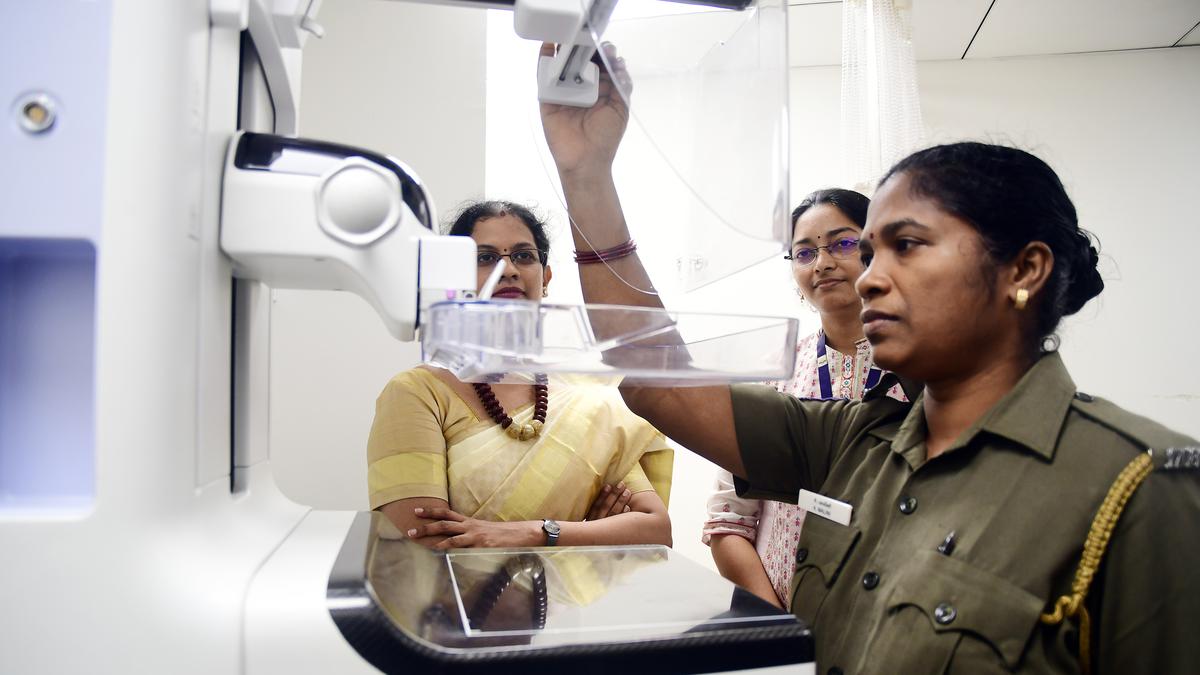
Only 1% of women screened for cervical cancer in India | Data
The Hindu
Tamil Nadu to roll out cancer screening for women on pilot basis
The HinduCancer tests for women above 30 years stressed at free screening camp
The Hindu
Serum Institute launches country’s first HPV vaccine against cervical cancer: Adar Poonawalla
Live Mint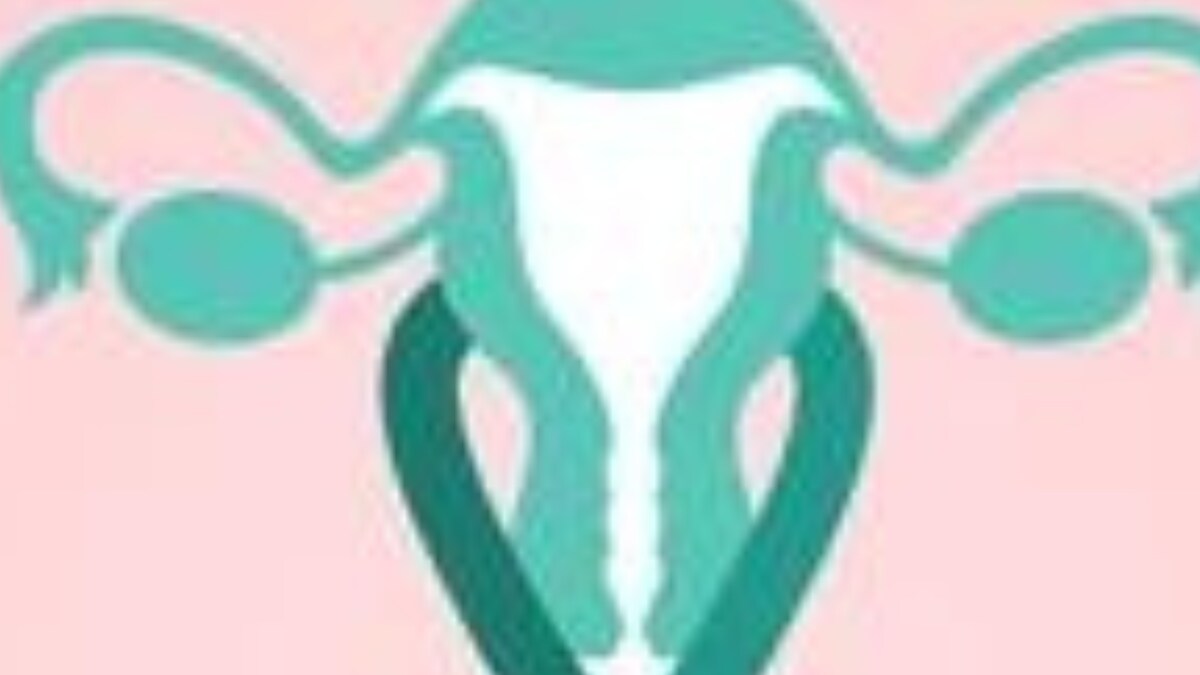
Cervical Health Awareness Month 2023: All You Need To Know
News 18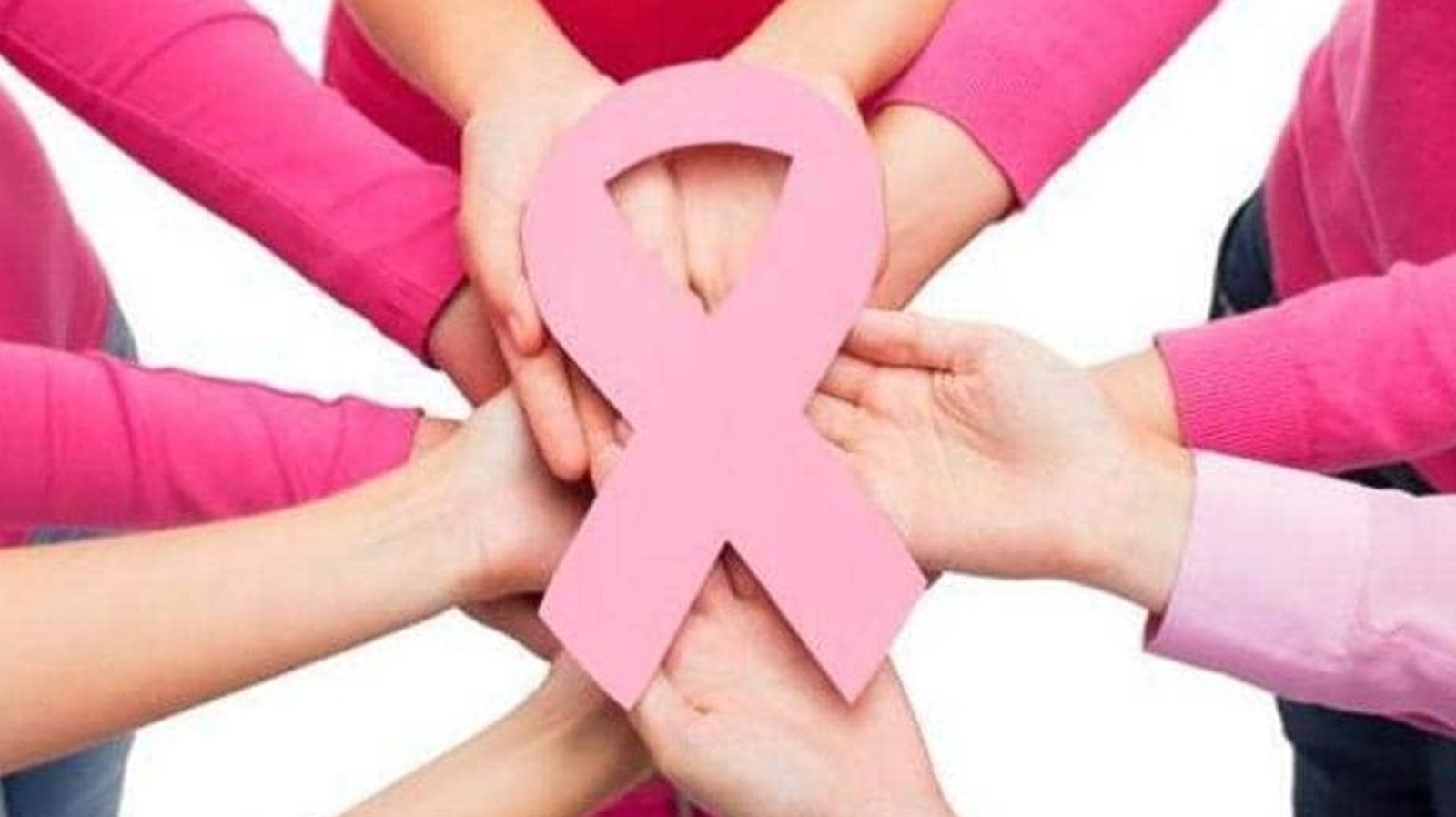
How to deal with cervical cancer in time
Hindustan Times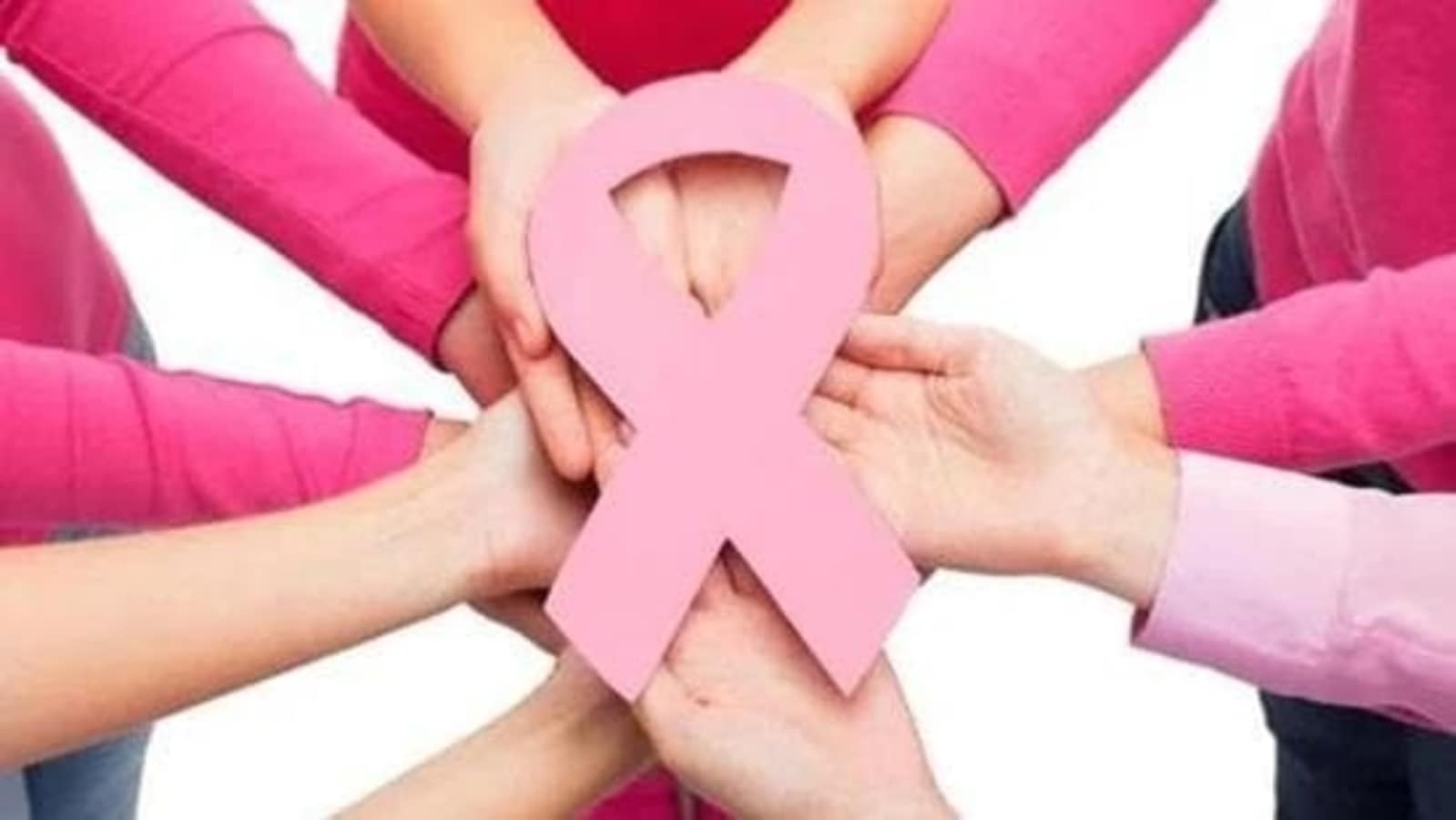
How to reduce the burden of cervical cancer in India
Hindustan TimesDiscover Related



